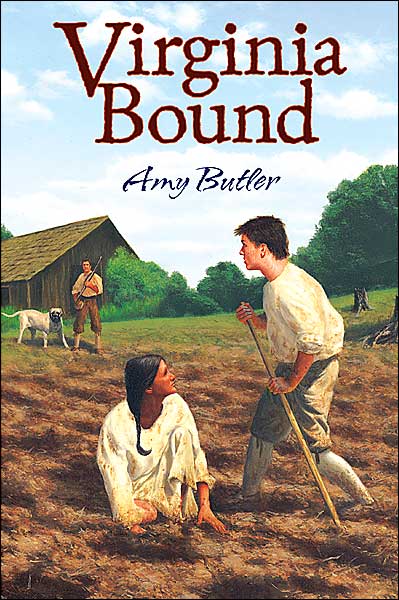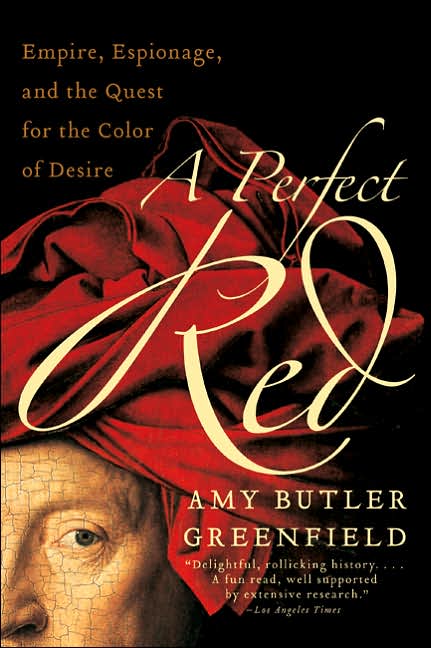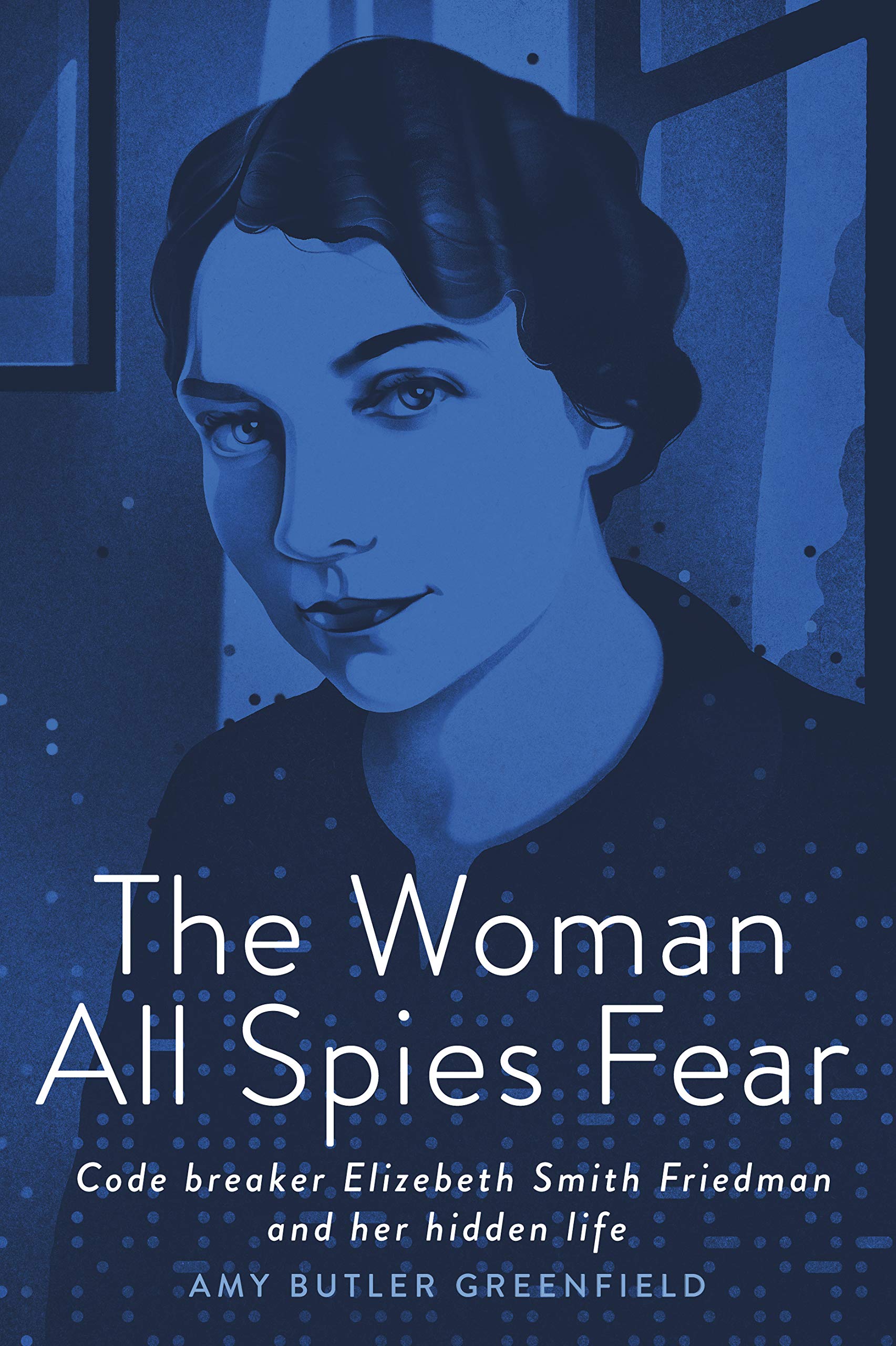Original Sources for Virginia Bound


Here are some examples of what English people wrote about Virginia in the seventeenth century. Back then most people spelled words however they liked, and sometimes they defined words differently from the way we define them now, so reading their writing is sometimes like reading a secret code. I've modernized the spelling in these excerpts to make them easier to understand.

John Pory, Secretary of Virginia
Letter to Sir Dudley Carleton in England
September 30, 1619
"All our riches for the present do consist in tobacco, wherein one man by his own labor has in one year raised to himself to the value of 200 English pounds; and another by the means of six servants has cleared at one crop a thousand pound English.* These be true, yet indeed rare examples, yet possible to be done by others. Our principal wealth (I should have said) consists in servants."
"Now that your lordship may know, that we are not the veriest beggars in the world, our cowkeeper here of James City on Sundays goes accoutered all in fresh flaming silk."
*Note: In today's money, 200 English pounds would be worth roughly $60,000, and one thousand pounds would be worth over $300,000.

Excerpts from the Laws of Virginia
Proceedings of the Virginia Assembly, 1619
"Against gaming at dice and cards be it ordained by this… assembly that the winner or winners shall lose all his or their winnings and both winners and losers shall forfeit ten shillings a man, one ten shillings whereof to go to the discoverer, and the rest to charitable and pious uses in the incorporation where the fault is committed."
"Be it established also by this present assembly that no crafty or advantageous means be suffered to be put into practice for the enticing away the Tenants or Servants of any particular plantation from the place where they are seated. And that it shall be the duty of the Governor and Council of Estate most severely to punish both the seducers and the seduced, and to return these latter into their former places."
"All persons whatsoever upon the Sabbath day shall frequent divine service and sermons both forenoon and afternoon, and all such as bear arms shall bring their pieces, swords, powder and shot. And everyone that shall transgress this law shall forfeit three shillings a time to the use of the church, all lawful and necessary impediments excepted."

A List of Tradesmen Needed in Virginia
(included in "A Declaration of the State of the Colonie and Affaires in Virginia")
June 22, 1620
"Husbandmen, Gardeners, Brewers, Bakers, Sawyers, Carpenters, Joiners, Ship-wrights, Boat-wrights, Plow-wrights, Mill-wrights, Masons, Turners, Smiths of all sorts, Coopers of all sorts, Weavers, Tanners, Potters, Fowlers, Fishermen, Fish-hookmakers, Net-makers, Shoe-makers, Rope-makers, Tile-makers, Edgetool-makers, Brick-makers, Brick-layers, Dressers of Hemp and Flax, Lime-burners, Leather-dressers, Men skillful in Vines, Men for Iron-works, Men skillful in Mines."

King James I
A Counter-Blaste to Tobacco, 1604
According to King James, smoking was "a custom loathsome to the eye, hateful to the nose, harmful to the brain, dangerous to the lungs, and in the black stinking fume thereof, nearest resembling the horrible Stygian smoke of the pit that is bottomless."
"And for the vanities committed in this filthy custom, is it not both great vanity and uncleanness, that at the table, a place of respect, of cleanliness, of modesty, men should not be ashamed to sit tossing tobacco pipes, and puffing of the smoke of tobacco one to another, making the filthy smoke and stink thereof, to exhale athwart the dishes and infect the air, when, very often, men that abhor it are at their repast?"

Sources:
A Declaration of the State of the Colonie and Affaires in Virginia. New York: Da Capo, 1973 (facsimile of 1620 edition).
English Reprints. Vol. V. New York: AMS Press; 1966
Tyler, Lyon Gardiner. Narratives of Early Virginia, 1606-1625. Scribner's, 1907.

